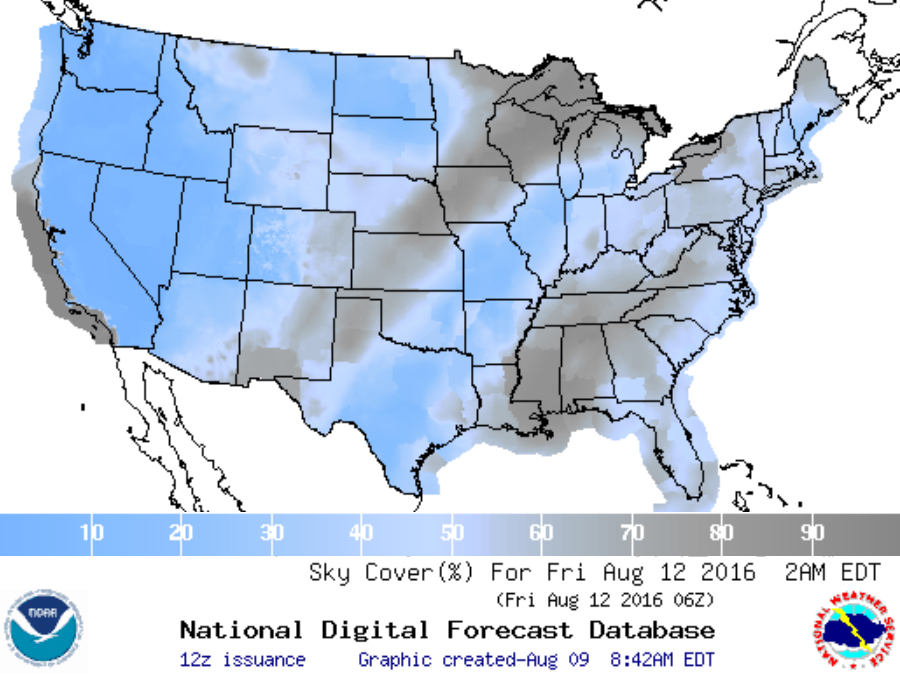The Perseid Meteor Shower is a highlight every August for stargazers and astronomy enthusiasts.
The annual meteor shower usually produces between 50 and 100 meteors every hour, but experts at NASA are predicting an "outburst" of 150 to possibly 200 per hour this year.
The Perseids are expected to peak Thursday night, and as long as there are clear skies, it should be especially dark thanks to the moon setting close to 1 a.m.
NASA says the best viewings will be between midnight and dawn.
For optimum results, experts suggest going somewhere away from light pollution. Give your eyes at least 20 minutes to adjust to the darkness and look about two-thirds of the way up into the sky and enjoy!
Mainly clear skies across northern AZ tonight. Good news for you Perseid viewers. For more info from NASA: https://t.co/cvnOqTUWp0 #azwx
— NWS Flagstaff (@NWSFlagstaff) August 12, 2016

The Earth passes through the path of Comet Swift Tuttle every year between mid to late July and late August, and the meteors we see are dust particles left behind after the comet leaves.
Earth passes through the densest and dustiest part of the comet Thursday night.
To view the meteors in action, get away from cities and other artificial lights and look to the north. It'll be even darker once the moon sets for the night.
If you're lucky, you'll be able to see two or three meteors every minute.
Follow Storm Shield Meteorologist Jason Meyers via the Storm Shield app on Twitter, Facebook, and YouTube. Download the Storm Shield Weather Radio App for your iPhone or Android device and get severe weather alerts wherever you are. Named by Time.com one of the best weather apps for your iPhone.
? Responsive Static Content

